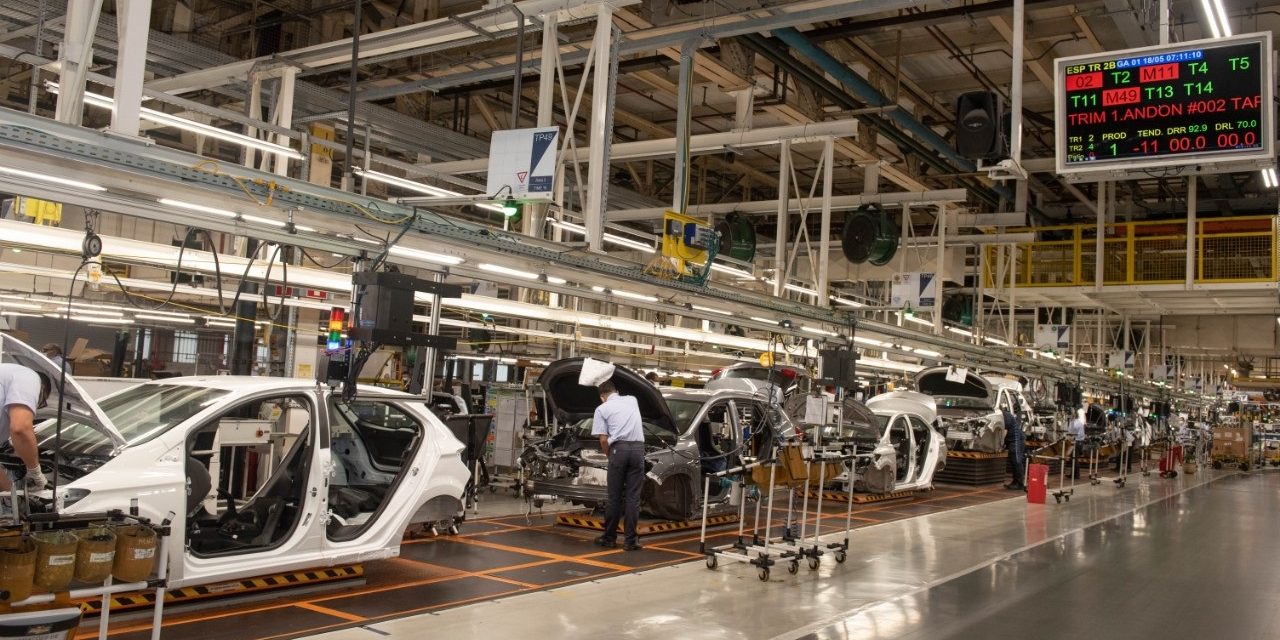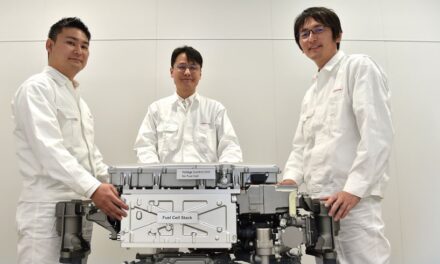By Alzira Rodrigues | 4/10/23 | Translated by Jorge Meditsch
With eight plants halted and working shift discontinuations by two manufacturers, the automotive industry don’t found reasons to celebrate March’s positive results. Anfavea’s president, Antônio de Lima Leite, said that this year, differently from the beginning of 2022, the stoppages don’t happen only for lack of semiconductors.
“Other factors are now causing collective vacations, such as the lower demand “, he said. Production reached 221.8 thousand vehicles in March, 37.3% more than in February (165.5 thousand) and 20% more than in March last year (184.8 thousand).
Nevertheless, year-to-date, the production growth was just 8%, from 486.1 thousand to 538 thousand vehicles. It must be considered that in the first quarter of 2022 the semiconductors crisis was at its peak, and the shortage was much more critical than now.
From January through March, 472 thousand cars, light commercial vehicles, trucks and buses were delivered, a 16.3% increase. Nonetheless, the manufacturers association, like the Fenabrave, doesn’t see these numbers as a recovery, as one year ago there was a lack of cars in the dealerships. “Regarding volumes before the pandemic, the discrepancy is over 20%”, commented Leite.
Amidst this uncertainty context comes the debate about redeeming the popular car, a concept created in 1982 based on tax incentives and profit margin reduction that, at the time, gave a respite to the Brazilian automotive market.
Anfavea’s president presented the project as a proposal for a green entry car. But he assured the entity doesn’t participate directly in the negotiations with the government, conducted only by the manufacturers able to offer such a product.
“This moment’s picture could be worst if it weren’t for the good sales for rentals in March, 28% of the total. These companies still have a considerable repressed demand to fill, but this will not sustain our volumes long enough if there is not a stronger reaction by the retail market, which depends on financing conditions improvement, among other measures, to rewarm the market”, emphasized Leite.
Export data released by Anfavea showed a daily average of 1,900 units in March, the same as in February. The 112.2 thousand units shipped from January through March represented a 3.9% growth over the same period in 2022.
- Importados atingem participação de 14,7% na frota circulante - 29 de abril de 2025
- Frota circulante cresce, mas envelhece no caso dos carros e caminhões - 29 de abril de 2025
- Ao contrário dos carros e caminhões, frota de motos rejuvenesce - 29 de abril de 2025










